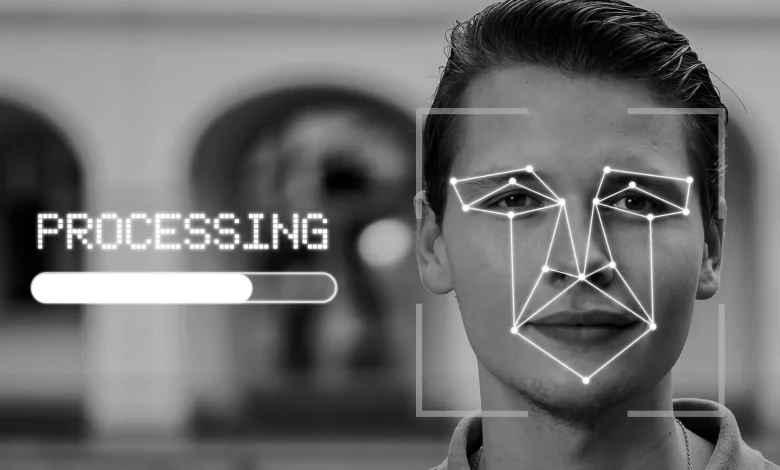
What Are the Ethical Concerns Surrounding Facial Recognition Technology?
The rise of facial recognition technology brings urgent ethical concerns about privacy, consent, bias, and surveillance in public and private use.
Facial recognition technology has spread fast in terms of sectors ranging from banks to smartphones, but its deployment is a serious ethical red flag. Granted that it seems convenient and perfectly secure, the price for it will be sensitive biometric data, little regulation, and risk to individual rights that will grow.
This technology detects people through face features, often without having prior consent. The collection and use of this data—particularly by governments or corporations—has created wars over surveillance; abuse of data; and loss of privacy. The need for strong ethical framework increases with anticipation on adoption.
Privacy, Consent, and Misuse Risks
Privacy nightmare is one of the main problems with facial recognition technology. People are often scanned in public places without them knowing, and it begs the question as to whether or not they’ve consented meaningfully. The silent surveillance can easily be used in tracking protestors and profiling shoppers among other things without legal accountability.
In democracies with strict privacy laws, there are still areas which have no coverage. Without a global standard for regulating facial recognition technology in place, there is much variation in implementation – sometimes leaving users exposed to data corruption or facial biometrics being accessed illegally.

Bias, Discrimination, and Accuracy Concerns
Bias in the technology found in facial recognition proves to be another ethical concern. Research has indicated that such systems do not perform well in cases where there is accurate recoding across different skin tones, gender or age groups. This has led to false arrest, False identifications and discriminatory practices.
In the case of deployment of these technologies by law enforcement or hiring tools, the implication of bias is increased. Facial recognition technology can deepen inequality than erase it without oversight, meaning that such technology can call higher risks for false targeting and injustice on certain demographics.

Legal Gaps and Global Regulation
The regulators’ environment for the facial recognition technology is very fragmented. Though there is data protection guidance in countries such as the UK and Canada, others are devoid of any formal rules. In the U.S., regulation is largely done at the state level, resulting in large holes left in federal regulation.
The European Union’s GDPR has protections for biometric data but does not even begin to address the ethical aspects of mass surveillance. As governments and corporations race to deploy facial recognition technology, legal frameworks find it hard to catch up – making for controversial judgments over the application of rights across boundaries.
The application of the technology such as facial recognition continues to develop faster than the societys ability to regulate it. Ethical questions, from consent and privacy to bias and regulation, call for more than technical solutions. They need a shared sense of transparency, regulation, and judicious use.
As technology gets to be part and parcel of our daily lives, it is then that developers, law makers, and civil society, must come together to provide safeguards. Facial recognition technology runs the risk of flipping over from convenience into intrusion, thus, indiscernibly changing the way that freedom, and identity, are protected in the digital era without the appropriate guardrails.



